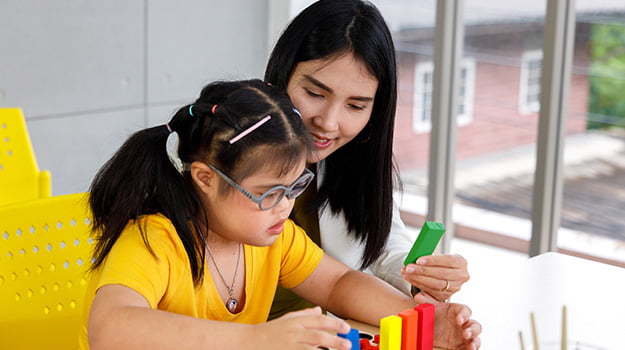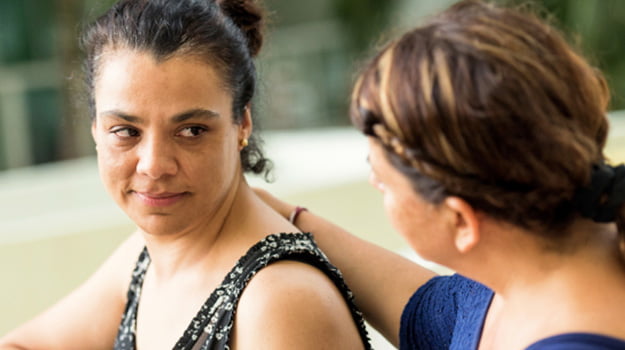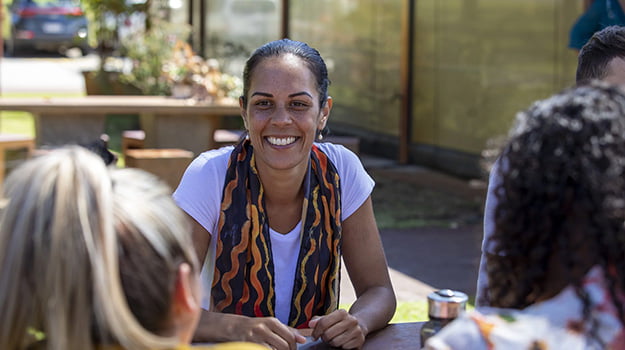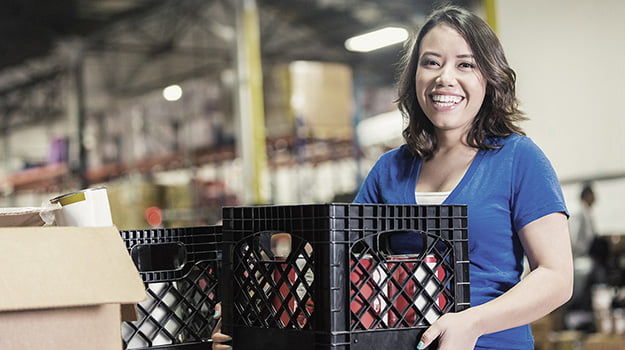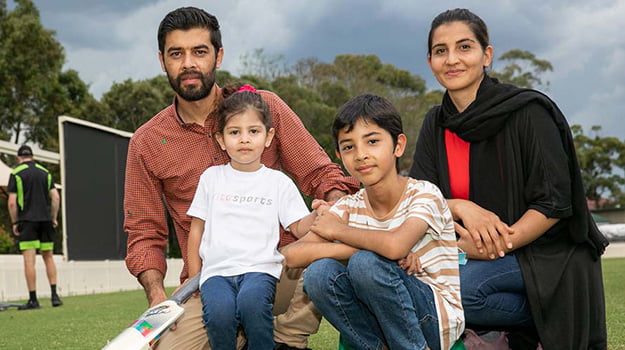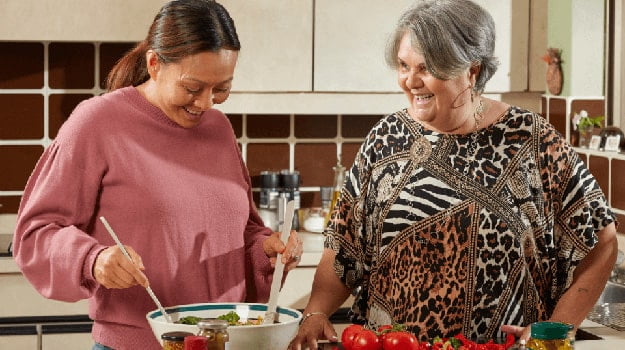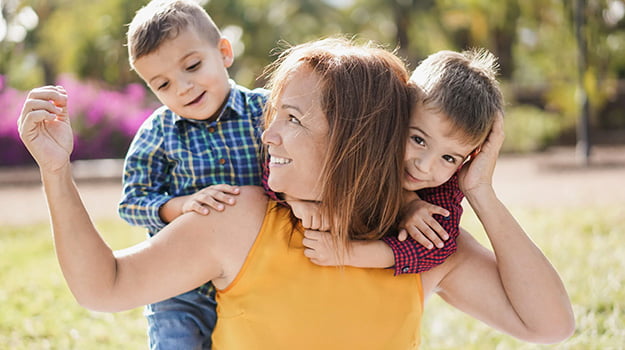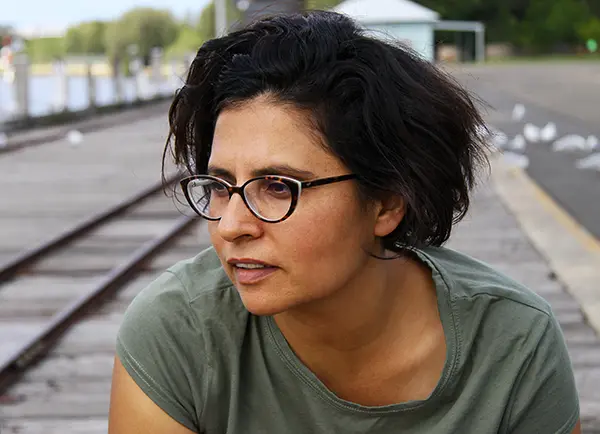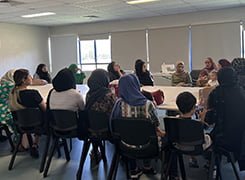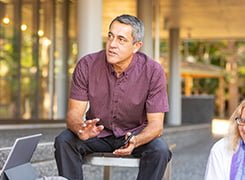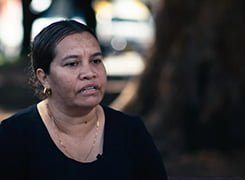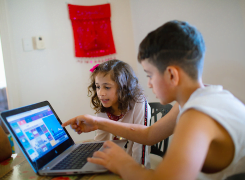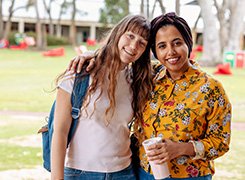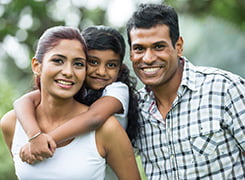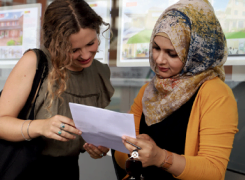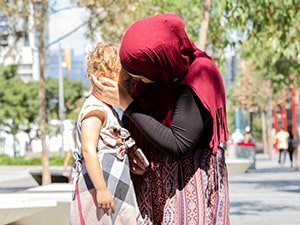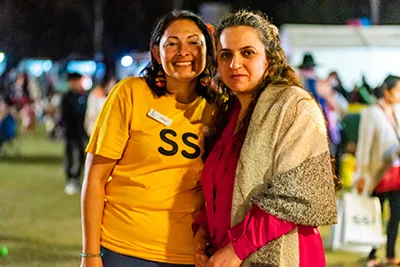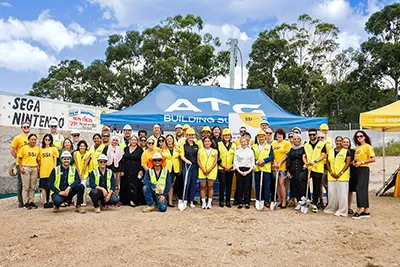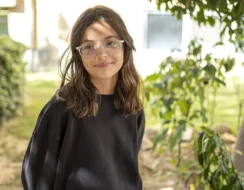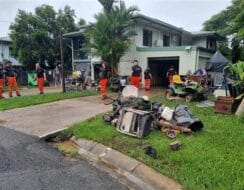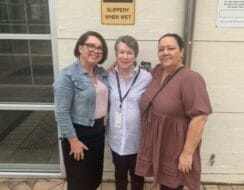09 Nov 2024
StoriesAdara’s Story
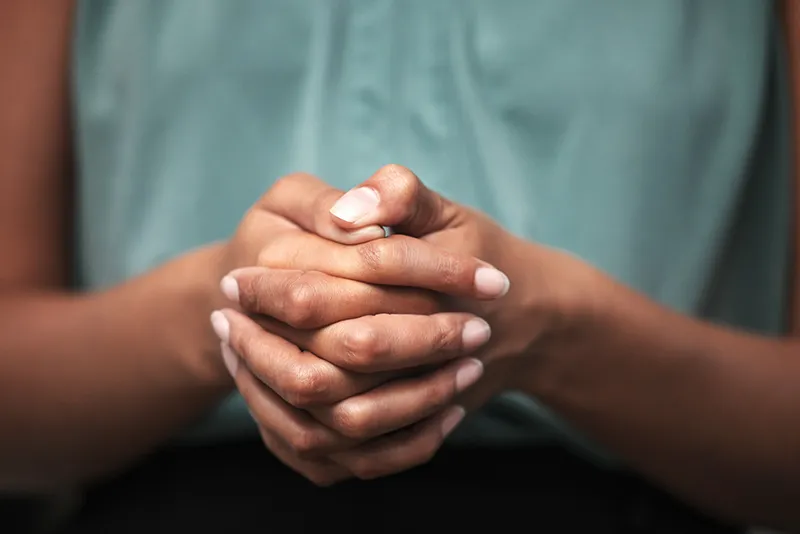
When help hurts: The impact of inadequate first-line responder training on women's safety
A single mishandled disclosure of domestic violence can silence a woman forever, says Adara* a specialist nurse supporting refugee communities. Her recent experiences highlight the urgent need for better-trained first-line responders, like case workers, health professionals and educators who are working with refugee women experiencing domestic violence.
“The amount of courage it takes to even open up to one person is enormous,” says Adara, who has spent years working with newly arrived refugees.
“When that disclosure is met with unhelpful responses like ‘don’t break up your family,’ it can be devastating. That person might never speak up again,” she says.
The importance of that first disclosure moment has become increasingly apparent through her work. A recent case highlighted the systemic failures when a refugee woman, after gathering the courage to report domestic violence, was discouraged from seeking help – a response Adara describes as “infuriating.”
“Someone takes the immense bravery to speak up, and then gets discouraged from taking steps necessary for their own safety,” she says. “Had people received adequate support and training, that person would not have said what they said.”
Cultural understanding from one woman to another
Trust and cultural understanding emerge as crucial factors in supporting women experiencing domestic violence. Adara says that clients are more likely to disclose abuse to someone who shares their language and cultural background, and who is a woman.
“It resonates with them when the worker looks like them, talks like them, and has similar lived experiences,” she explains.
Adara reflects on her own cultural background and her journey to Australia with her family in the late nineties. She recalls her younger brother falling sick and the unique challenges the family faced, including the lack of in-language support and resources to help educate her family on his illness and how to support him.
While this experience inevitably led Adara into nursing, it also veered her into her specialist role as a refugee nurse – to be a bridge between the complexities of mainstream services.
“I believe this woman spoke up again to my colleague because it probably resonated with her that my colleague looks like her, talks like her and has got the same life experiences as her. She is so brave for speaking up again, and now we can take the right steps to support her.”
Barriers to mainstream support
Beyond language difficulties and cultural differences, many women are simply unaware of available support services or their rights.
“They definitely don’t know what’s available to them. They definitely don’t trust anybody or anything,” she notes.
“But even if you take ‘refugee’ out of the context, it could be the same for any domestic violence victim. Sometimes they do know the services that are available to them, but they are afraid to reach out. Abuse chips away at a person’s ability to do things for themselves.”
Mandatory domestic violence response training for all frontline workers, increased investment in bicultural support workers and better coordination between refugee services and domestic violence support agencies should be a start.
“At the very least, if you don’t have the answers, don’t say the wrong thing,” she emphasises. “Say ‘I’m going to connect you with someone who can help’ and find the right information.”
Her experiences underscore a critical message: the first response to a domestic violence disclosure can make the difference between a woman seeking further help or returning to silence.
The need for change is urgent. As refugee communities continue to grow in regional areas, the demand for culturally appropriate domestic violence support services also increases. Training and supporting first-line responders, particularly those from refugee backgrounds themselves, could provide the crucial link between vulnerable women and the help they need.

